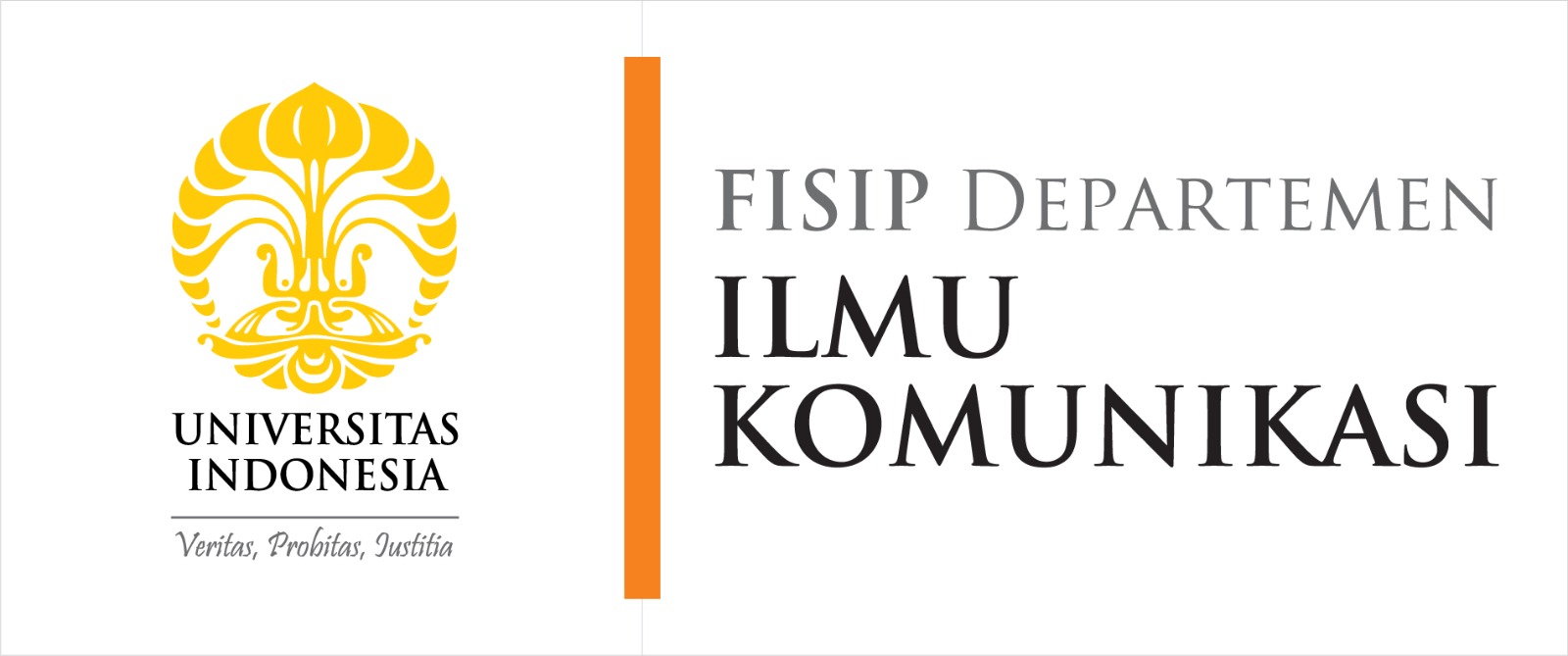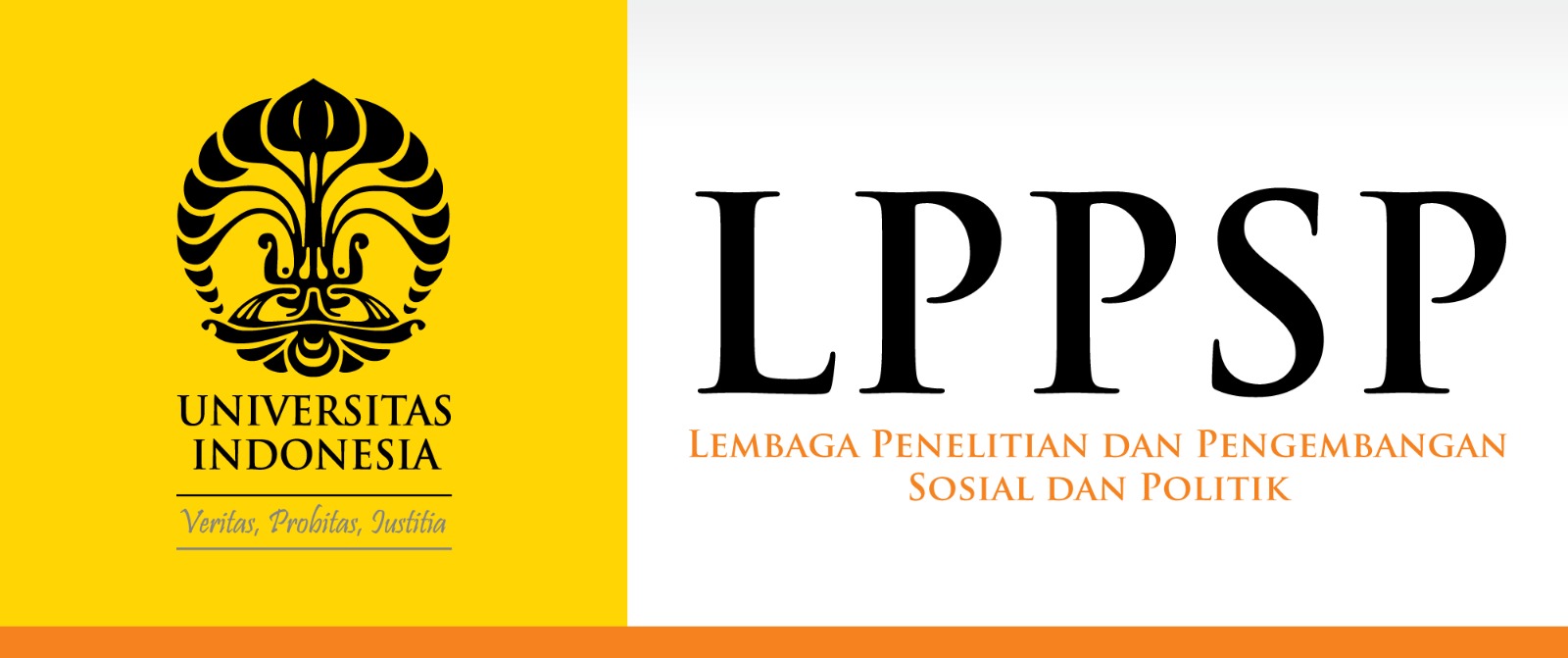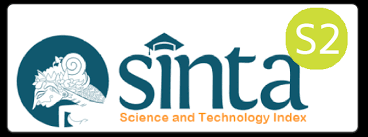JURNAL KOMUNIKASI INDONESIA
Abstract
Technological disruption has driven changes in the media and journalism industry, affecting the workflow in the newsroom. One emerging practice in the newsroom is the application of search engine optimization (SEO). This practice raises concerns about editorial decisions being directed toward topics that are "popular and easily clickable". Tribun-Bali.com is one of the biggest news portals in Bali that implements SEO. This study aims to depict the hierarchy of influences on the implementation of SEO in the Tribun-Bali.com newsroom. It is a qualitative descriptive study that employs interview methods with key informants. Utilizing the hierarchy of influences theory proposed by Pamela J. Shoemaker and Stephen D. Reese, the findings of this research reveal that the organizational influence level dominates the implementation of SEO in the editorial space of Tribun-Bali.com, and it is closely related to the company's economic goal. It is followed by the influences of media routine, extra-media, ideology, and individual level.
Bahasa Abstract
Disrupsi teknologi telah mendorong perubahan dalam industri media dan jurnalisme, mempengaruhi alur kerja di ruang redaksi. Salah satu praktik yang muncul di ruang redaksi adalah penerapan optimasi mesin pencari (SEO). Praktik ini menimbulkan kekhawatiran tentang keputusan editorial yang diarahkan ke topik yang "populer dan mudah diklik". Tribun-Bali.com adalah salah satu portal berita terbesar di Bali yang menerapkan SEO. Penelitian ini bertujuan untuk menggambarkan hierarki pengaruh terhadap penerapan SEO di Tribun-Bali.com redaksi. Ini adalah studi deskriptif kualitatif yang menggunakan metode wawancara dengan informan kunci. Memanfaatkan teori hierarki pengaruh yang dikemukakan oleh Pamela J. Shoemaker dan Stephen D. Reese, temuan penelitian ini mengungkapkan bahwa tingkat pengaruh organisasi mendominasi penerapan SEO di ruang editorial Tribun-Bali.com, dan ini terkait erat dengan tujuan ekonomi perusahaan. Hal ini diikuti oleh pengaruh media rutin, ekstra-media, ideologi, dan tingkat individu.
References
Anggoro, S. (2012). Detikcom: Legenda Media Online. Buku Kita.
Avilés, J. A. G., & Carvajal, M. (2008). Integrated and Cross-Media Newsroom Convergence. Convergence: The International Journal of Research into New Media Technologies, 14(2), 221–239. https://doi.org/10.1177/1354856507087945
Bakker, P. (2012). Aggregation, content farms and huffinization: The rise of low-pay and no-pay journalism. Journalism Practice, 6(5–6), 627–637. https://doi.org/10.1080/17512786.2012.667266
Boczkowski, P. (2005). Digitizing the News: Innovation in Online Newspapers. The MIT Press.
Paterson, C., & Domingo, D. (Eds.) (2008). Making Online News: The Ethnography of New Media Production. Peter Lang.
Deuze, M., & Prenger, M. (Eds.) (2019). Making Media Production, Practices, and Professions. Amsterdam University Press.
Dick, M. (2011). Search engine optimisation in UK news production. Journalism Practice, 5(4), 462–477. https://doi.org/10.1080/17512786.2010.551020
Giomelakis, D., Karypidou, C., & Veglis, A. (2019). SEO inside newsrooms: Reports from the field. Future Internet, 11(12). https://doi.org/10.3390/FI11120261
Giomelakis, D., & Veglis, A. (2015). Employing Search Engine Optimization Techniques in Online News Articles. Studies in Media and Communication, 3(1), 22-33. https://doi.org/10.11114/smc.v3i1.683
Giomelakis, D., & Veglis, A. (2016). Investigating Search Engine Optimization Factors in Media Websites: The case of Greece. Digital Journalism, 4(3), 379–400. https://doi.org/10.1080/21670811.2015.1046992
Kramp, L. (Ed.). (2014). Media practice and everyday agency in Europe. ed. lumière.
Kritzinger, W. T., & Weideman, M. (2013). Search Engine Optimization and Pay-per-Click Marketing Strategies. Journal of Organizational Computing and Electronic Commerce, 23(3), 273–286. https://doi.org/10.1080/10919392.2013.808124
Kriyantono, R. (2014). Teknik Praktis Riset Komunikasi Kuantitatif dan Kualitatif. Prenada Media.
Kuiken, J., Schuth, A., Spitters, M., & Marx, M. (2017). Effective Headlines of Newspaper Articles in a Digital Environment. Digital Journalism, 5(10), 1300–1314. https://doi.org/10.1080/21670811.2017.1279978
Kuwado, F. J. (2016). Dari 43.000 Media “Online”, Hanya 234 yang Sesuai Syarat UU Pers. Kompas.com. Retrieved from https://nasional.kompas.com/read/2016/12/21/19022441/dari.43.000.media.online.hanya.234.yang.sesuai.syarat.uu.pers.
Margianto, J. H., & Syaefullah, A. (2014). Media Online: Pembaca, Laba dan Etika. Aliansi Jurnalis Independen (AJI) Indonesia.
Newman, N., Fletcher, R., Kalogeropoulos, A., & Kleis Nielsen, R. (2019). Reuters Institute Digital News Report 2019. Reuters Institute. https://reutersinstitute.politics.ox.ac.uk/sites/default/files/2019-06/DNR_2019_FINAL_0.pdf
Nugroho, Y., & Syarief, S. S. (2012). Melampaui aktivisme click? Media baru dan proses politik dalam Indonesia kontemporer. Friedrich Ebert Stiftung
Paulussen, S., & Ugille, P. (2008). User Generated Content in the Newsroom: Professional and Organisational Constraints on Participatory Journalism. Westminster Papers in Communication and Culture, 5(2), 24. https://doi.org/10.16997/wpcc.63
Richmond, S. (2008). How SEO is changing journalism. British Journalism Review, 19(4), 51–55. https://doi.org/10.1177/0956474808100865
Shoemaker, P. J., & Reese, S. D. (1996). Mediating the message : theories of influences on mass media content. Longman.
Spyridou, L.-P., & Veglis, A. (2015). Chapter 3 Sustainable Online News Projects: Redefining Production Norms and Practices.
Spyridou, L.P. & Veglis, A. (2015). Sustainable Online News Projects: Redefining Production Norms and Practices. In Z. Vukanovic, A. Powers, G. Tsourvakas & P. Faustino (Eds.), Redefining Disrupting Innovation and Added Value Networks in Media Business and Policy (pp. 65-88).
Swati, P. P., & Ajay, P. S. (2013). Search Engine Optimization: A Study. Research Journal of Computer and Information Technology Sciences, 1(1), 10-13.
Recommended Citation
Anggara, Oktava; Gelgel, Ni Made Ras Amanda; and Purnawan, Ni Luh Ramaswati
(2024)
"Hierarchy of Influence on the Implementation of Search Engine Optimization in the Tribun-Bali.com Newsroom,"
JURNAL KOMUNIKASI INDONESIA: Vol. 13:
No.
2, Article 10.
DOI: 10.7454/jkmi.v13i2.1246
Available at:
https://scholarhub.ui.ac.id/jkmi/vol13/iss2/10
Included in
Gender, Race, Sexuality, and Ethnicity in Communication Commons, International and Intercultural Communication Commons, Social Influence and Political Communication Commons




